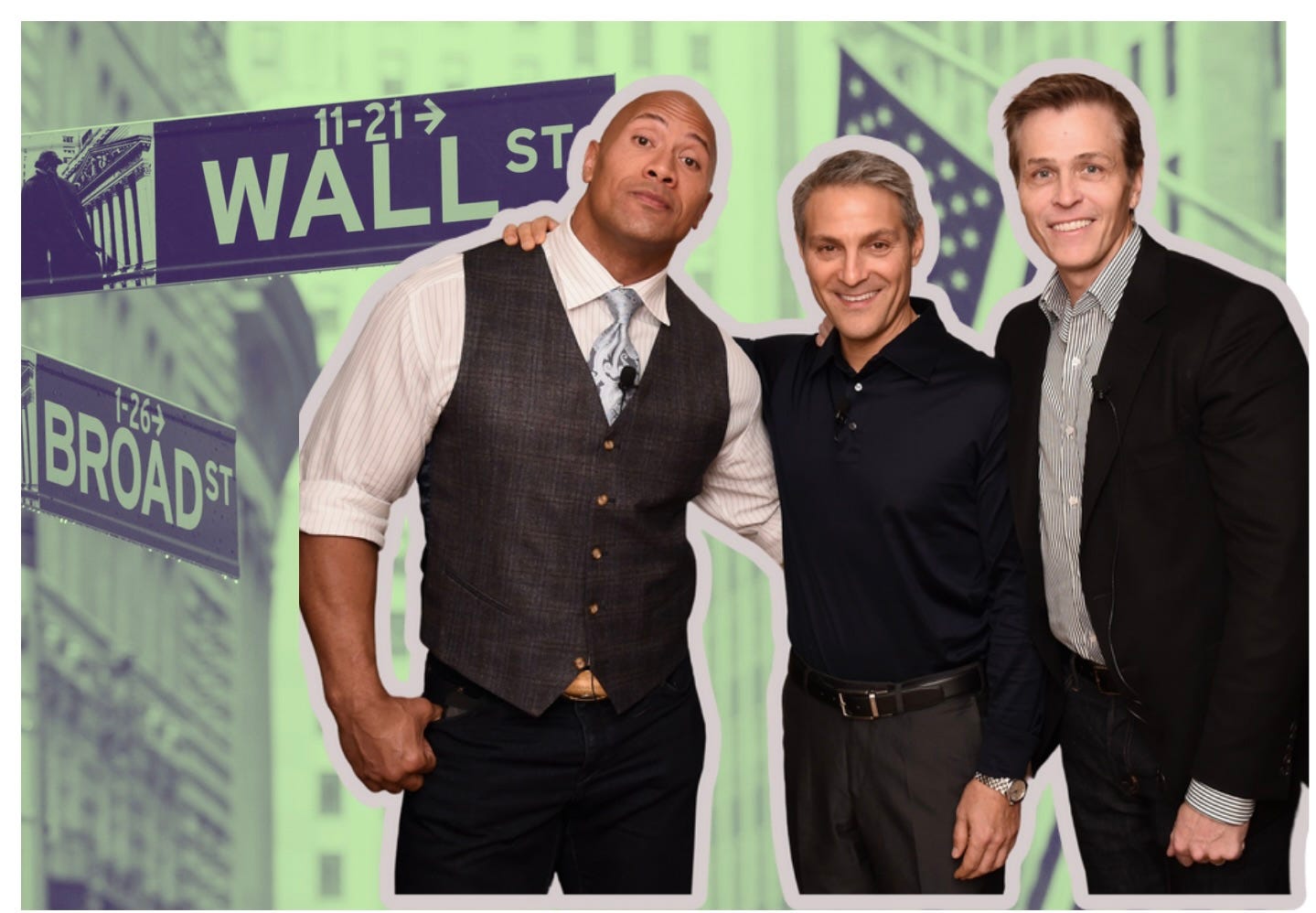Ari, Patrick and Endeavor's Delusion of Being a Tech Company
The behemoth disrupted Hollywood. But the town's best storytellers and salesmen couldn't convince investors they were running a 'platform'

On May 23, 2019, Ari Emanuel wrote Wall Street a letter.
Seeking to follow in the footsteps of Google founders Larry Page and Sergey Brin and Facebook CEO Mark Zuckerberg, Emanuel would append an opening statement of principles to Endeavor’s IPO prospectus. The goal, in part, was to position himself as a visionary:
As the entertainment industry moves toward a closed ecosystem model with less transparency, our clients and businesses need more insight, resources and solutions than ever before. We believe being a public company will only further accelerate our ability to look around corners and open up new categories and opportunities for those in the Endeavor network.
But to do that, to define “success based on long-term growth and innovation, not short-term gains,” as he wrote, he’d need investors to give him the kind of patience that it had bestowed upon only a handful of CEOs. He would need to be considered in the same cadre as Elon Musk (who would later join Endeavor’s board) and Jeff Bezos.
Emanuel, famously impatient, ultimately couldn’t wait long enough for investors to recognize his genius foresight into the future of entertainment. On April 2, almost five years after his initial declaration and three years since he actually took Endeavor public, the company announced that Silver Lake, the private-equity giant with more than $100 billion in assets under management and already the owner of 71 percent of Endeavor’s voting shares, would make it a privately-held entity again. The deal, which is expected to close early next year, values the company at $13 billion.
For decades, Emanuel and his longtime business partner Patrick Whitesell had enrapt and enraged their Hollywood peers with their prowess at signing such talent as Dwayne Johnson and Mark Wahlberg and growing their brands into multi-faceted mini conglomerates. Emanuel routinely scorched rivals for their complacency and desire to cling to agenting’s old folkways. He would be a mogul, dammit.
Yet all it took to derail his vision for Endeavor was a bunch of Excel-crunching institutional fund managers who weren’t buying it? How the hell did that happen?


